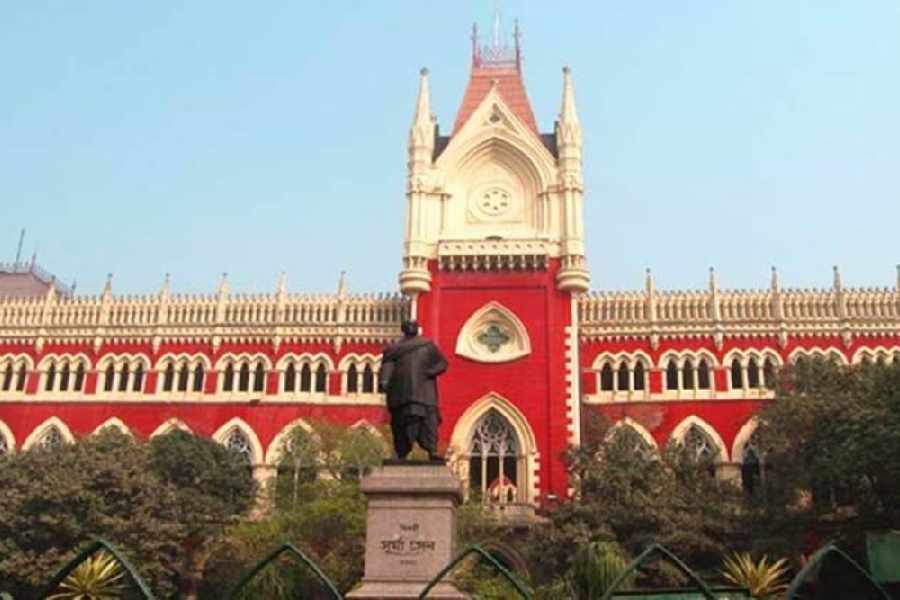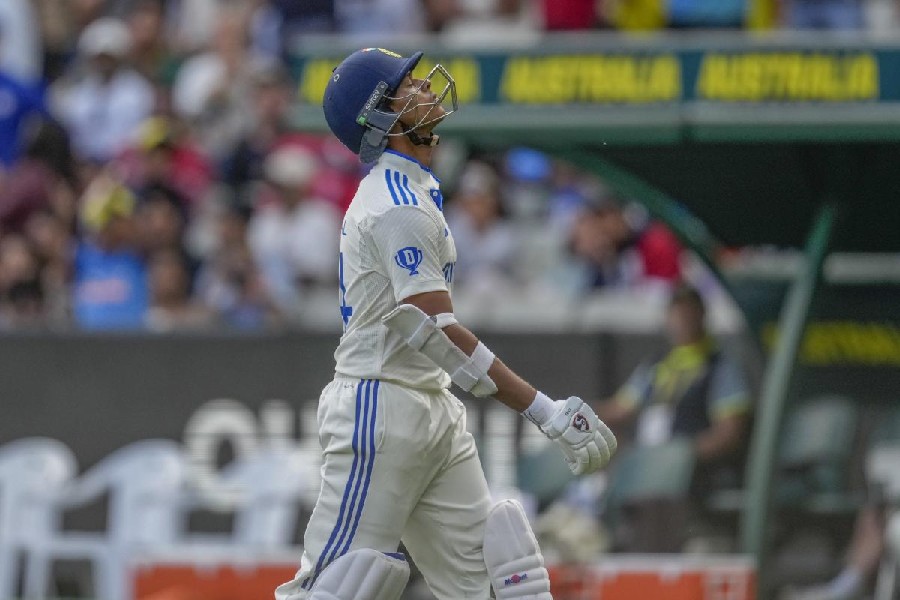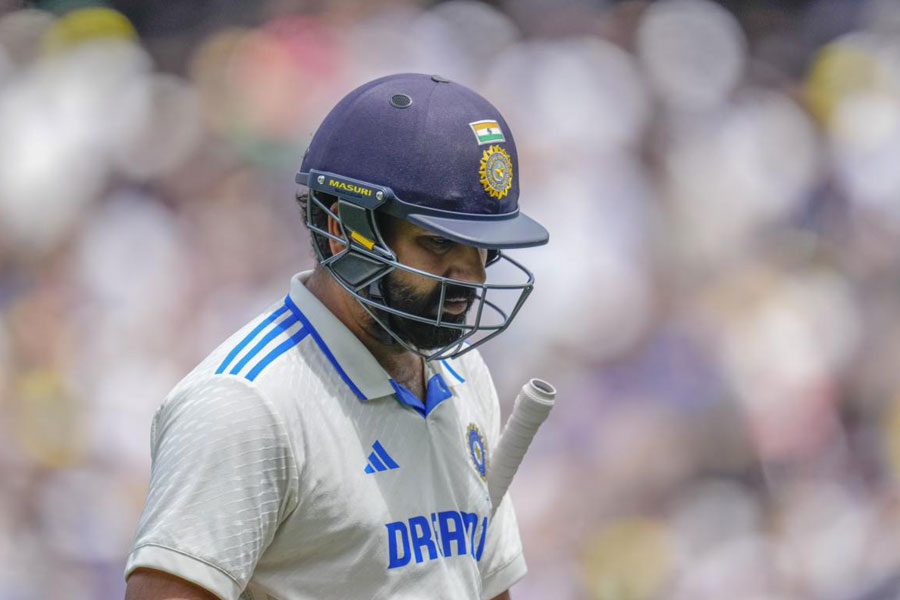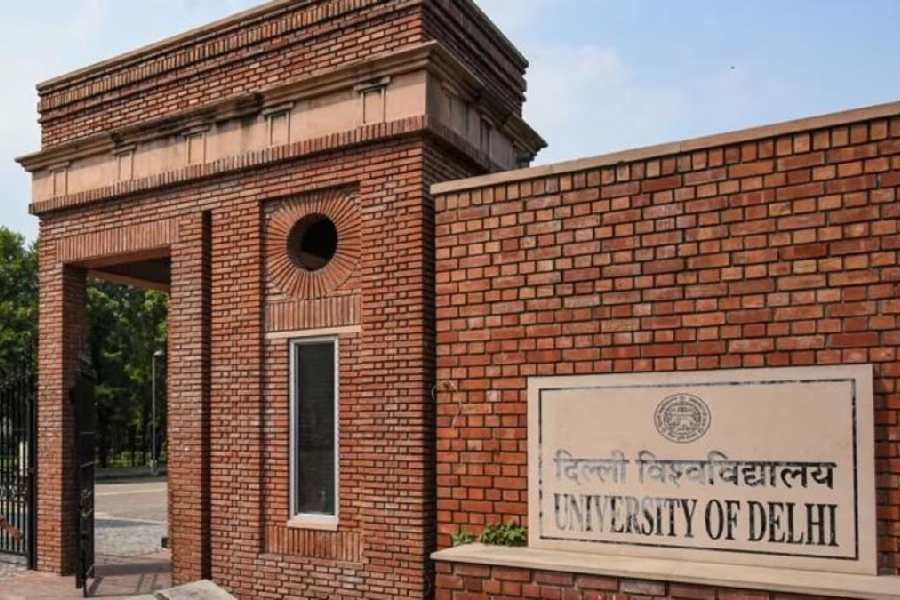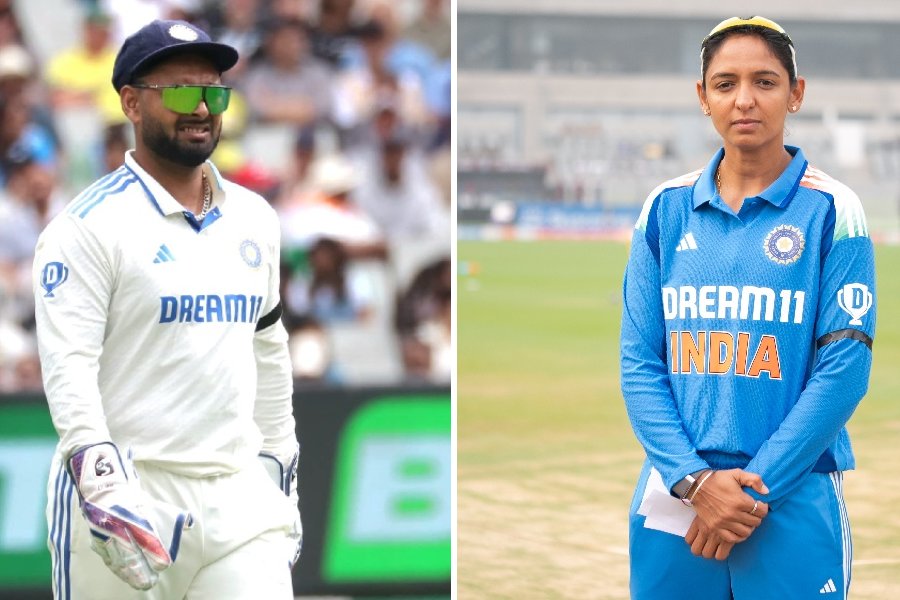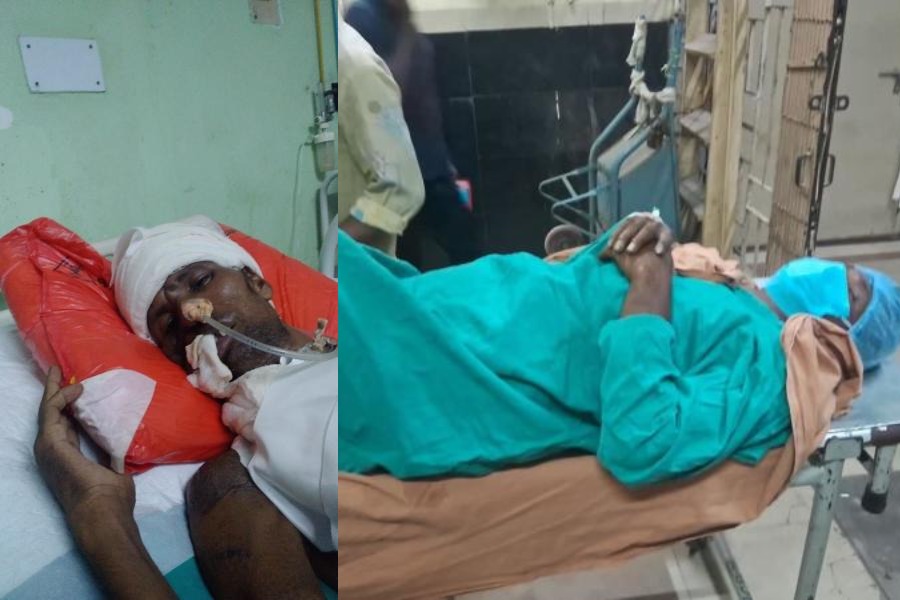Acknowledging security concerns highlighted by the opposition parties, the Calcutta High Court on Tuesday directed the Bengal state election commission to deploy central paramilitary forces in sensitive areas of the state, thus making this the first time in a decade that panchayat polls in Bengal would partly be held under supervision of central forces, if not in full.
The court, however, kept alive speculations on whether the panchayat elections in Bengal would be deferred by a day by choosing to refrain from interfering in the poll schedule announced by the commission and left the matter at the discretion of the poll conducting body.
During the course of the hearing, the commission had submitted that it can extend the last day of filing of nominations (scheduled on June 15) and defer the day of polls (scheduled on July 8) by a single day. The Bench, while making its observations, had asked the commission to consider if the polls could be deferred to July 14 but gave no such directions in its order.
The order, kept on reserve since Monday, was passed by the Division Bench of Chief Justice TS Sivagnanam and Justice Hiranmay Bhattacharya on Tuesday afternoon after the Bench completed its joint hearing of petitions filed by Bengal Leader of Opposition and BJP leader Suvendu Adhikari and state Pradesh Congress chief Adhir Ranjan Chowdhury.
“Considering the fact that the total number of seats for which the election has to be conducted is more than 75000 and going by the past incidents wherein on more than 12 occasion the court had to intervene for directing deployment of central forces or transferring the cases to the National Investigating Agency, we are of the view that the State Election Commission should and shall requisition the deployment of central forces to work in tandem with the police force of the State of West Bengal to ensure free and fair elections,” the order read.
“… the State Election Commission shall forthwith send requisition of the deployment for the Central forces at the first instance for all the areas / districts which in the opinion of the State Election Commission have been declared as sensitive. Thereafter the State Election Commission shall review the assessment plan submitted by the state and wherever there is inadequacy of the state police force in all such areas also the State Election Commission shall requisition the deployment of para military forces,” the order continued.
Keeping in view the reports of violence pouring in from various parts of the state during the first four days of nomination filing, the deployment of central forces would take place with immediate effect in several districts, a high court source confirmed. The commission may, at a later stage, consider adding to that list of districts where central forces could be deployed for ensuring free and fair elections, the court officer explained interpreting the order, and stated that the commission may also consider deployment of central forces in areas where the state police is in short supply.
“Considering the facts and circumstances we are of the view that the charges towards such deployment shall be borne by the central government and no part of it shall be charged to the State of West Bengal,” the High Court order specified.
The last time when resolution of differences between the commission and state government over deployment of central forces required intervention from the Supreme Court was back in 2013 when former IAS officer Mira Pandey was the commission boss. That time, though, the number of poll phases was the main bone of contention and the Apex court rescheduled the elections to a five-phase one instead of the earlier scheduled three phases over concerns raised by the SEC on inadequate security deployment and directed that the shortfall in state police would have to be made good by the Centre.
Significantly, the High Court on Tuesday asserted the need to keep civic volunteers totally out of the election security module, in conformity with the guidelines of the commission. “(All) casual or contractual workers, Anganwadi workers, para teachers, civic volunteers who do not fall within the category of regular and permanent staff of such authorities cannot be engaged for election work,” the order stated.
In its bid to tighten security and pre-empt possible poll malpractices, the Bench also directed the commission to try and install CCTV cameras in most of the 61,636 polling stations of the state.
“The court is aware of the technical difficulties that may be involved in the matter of installations of CCTV cameras in all polling stations with particular reference to polling stations in remote rural areas and interior villages. Therefore a workable solution has to be arrived at so that no polling station escapes from the surveillance of the State Election Commission. Therefore we direct the State Election Commission to install CCTV cameras in all polling stations and only such of those polling stations where it is technically not feasible to install CCTV cameras, in those stations alone the entire process commencing from the filing of the nomination papers till the declaration of the result have to be videographed,” the order read.
The prayer seeking a direction from the court to allow nominations to be filed in online mode was rejected by the Bench.
The court also turned down the petition to appoint a retired judge as observer for the elections and maintained that senior offices from WBCS (Executive) and IAS cadres “would be sufficient safeguard to achieve the object (sic) for having free and fair elections maintaining its purity”.
Said Bikash Bhattacharya, senior advocate of the Calcutta High Court and a CPI-M leader, “Constitutional authorities like the election commission and the state government could not satisfy the court that they were in a position to hold a free and fair election. The court’s intervention in this matter proves its lack of confidence in both these authorities.”
Advocate Kalyan Banerjee, appearing for the state government, interpreted the order as “state’s victory”. “The court has turned down most of the prayers made by the petitioners who wanted to disrupt the poll process,” he said.

